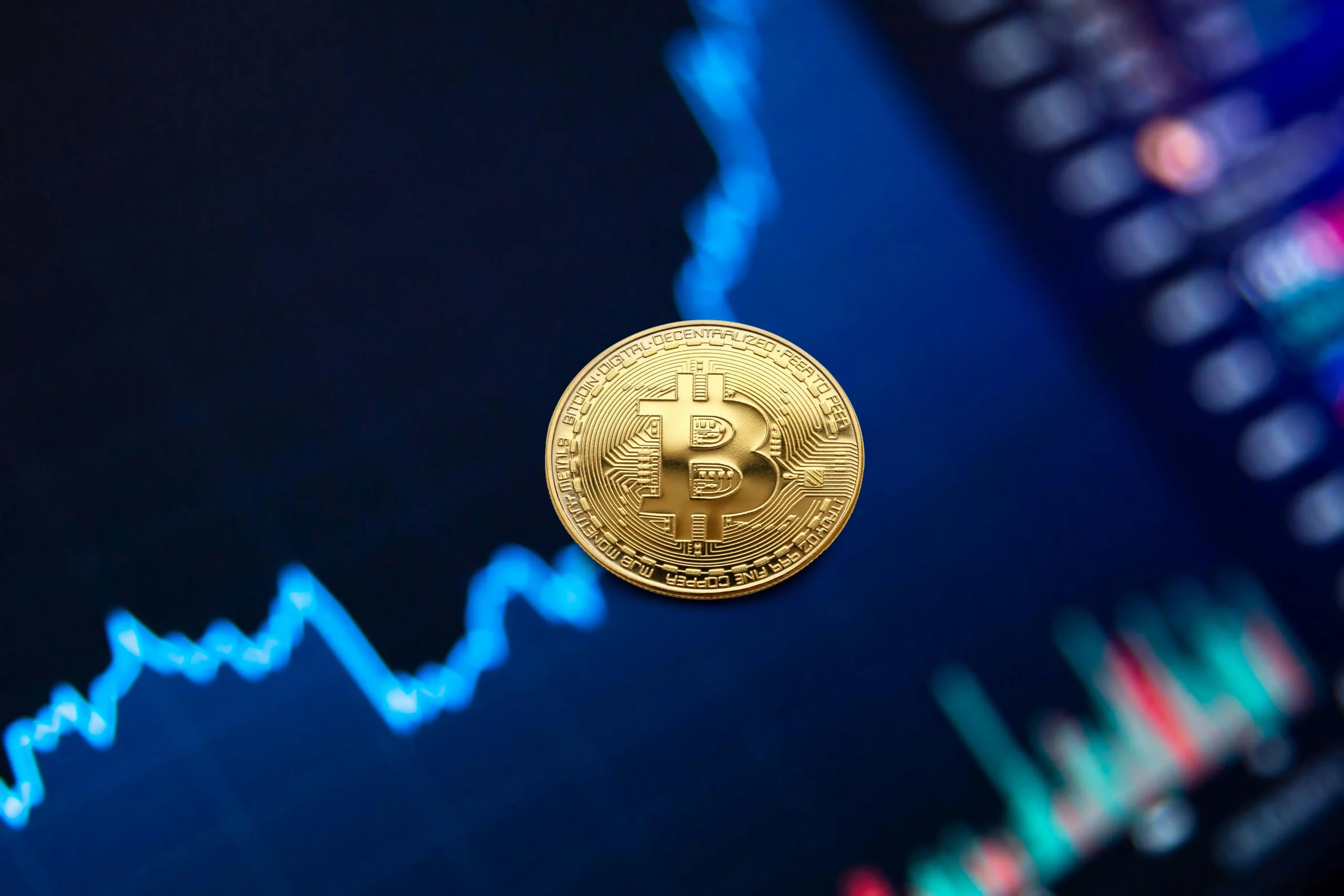Metaplanet Revises Bitcoin Options Strategy to Enhance Yields
16.10.2024 13:30 1 min. read Alexander Stefanov
Metaplanet Inc., a Tokyo-based investment company, recently revised its Bitcoin strategy, adjusting its put options to a new strike price of $66,000, up from the previous $62,000.
This strategic shift, revealed on October 3, aims to capitalize on Bitcoin’s potential by increasing yields on the options while retaining the original expiration date of December 27.
In this maneuver, Metaplanet repurchased 223 options at the lower strike price and issued the same number at the higher $66,000 threshold. The company’s CEO, Simon Gerovich, shared that this adjustment is expected to generate an additional JPY 57.9 million in premium, bringing the year’s total to JPY 272.5 million. The collateral backing for these transactions remains unchanged at $13.8 million.
The revised strategy allows the company to boost its nominal yield by 2.65%, reaching a total of 13.4%. Metaplanet has been steadily increasing its Bitcoin reserves, with a recent purchase of nearly 107 BTC worth about $6.7 million, bringing its total holdings to approximately 855.5 BTC.
Bitcoin’s price was trading around $67,097 at the time of reporting, while Metaplanet’s stock surged nearly 7% amid the news. In the broader context, companies like MicroStrategy and Marathon Digital continue to hold substantial Bitcoin reserves, maintaining their positions as major corporate holders of the cryptocurrency.
-
1
Strategy’s $60 Billion Bitcoin Portfolio Faces Mounting Risks, CryptoQuant Warns
10.07.2025 16:36 3 min. read -
2
Esports Giant Moves Into Bitcoin Mining
05.07.2025 13:00 2 min. read -
3
Bitcoin Dominance Nears Key Resistance — Is Altseason Coming Next?
13.07.2025 17:00 2 min. read -
4
Bitcoin Price Prediction: As BTC Hits New All-Time High Is $200K In Sight?
14.07.2025 21:56 3 min. read -
5
How Much Bitcoin You’ll Need to Retire in 2035
19.07.2025 19:09 2 min. read
Strategy to Raise Another $2.47 Billion for Bitcoin Acquisition
Strategy the company formerly known as MicroStrategy, has announced the pricing of a new $2.47 billion capital raise through its initial public offering of Variable Rate Series A Perpetual Stretch Preferred Stock (STRC).
What the Crypto Community is Thinking as Bitcoin Slips
Traders are growing cautious, and the crypto mood is beginning to shift. Bitcoin has stalled near $115,500, and momentum is no longer as confident as it was earlier this month.
Bitcoin Drops 2.5% to $115,200 as Whales Move Millions to Exchanges
Bitcoin slipped 2.56% in the past 24 hours, falling below key short-term support levels. The decline comes amid a combination of large whale transactions, cooling technical momentum, and weak performance across the broader crypto market.
Societe Generale Backs Bitcoin and Ethereum ETP Expansion
French banking giant Societe Generale has entered the crypto space more directly, forming a strategic partnership with 21Shares.
-
1
Strategy’s $60 Billion Bitcoin Portfolio Faces Mounting Risks, CryptoQuant Warns
10.07.2025 16:36 3 min. read -
2
Esports Giant Moves Into Bitcoin Mining
05.07.2025 13:00 2 min. read -
3
Bitcoin Dominance Nears Key Resistance — Is Altseason Coming Next?
13.07.2025 17:00 2 min. read -
4
Bitcoin Price Prediction: As BTC Hits New All-Time High Is $200K In Sight?
14.07.2025 21:56 3 min. read -
5
How Much Bitcoin You’ll Need to Retire in 2035
19.07.2025 19:09 2 min. read


